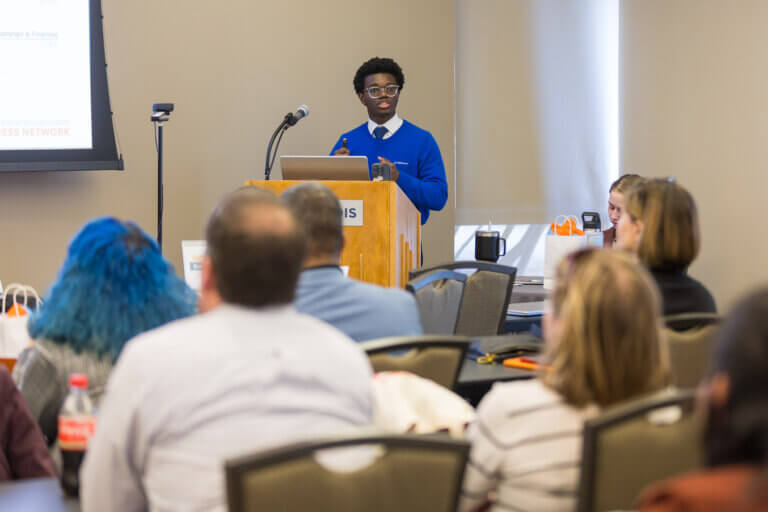On February 21, Governor JB Pritzker delivered his annual budget address in Springfield. While his proposals will now pass through negotiations in the Illinois General Assembly and the final budget for fiscal year 2025 may be somewhat different, we can learn about his priorities in the coming year through the proposed budget.
In the face of a projected fiscal shortfall, advocates and policymakers have been eager to learn how the Governor would prioritize investments in education. Governor Pritzker made a number of critical investments in recent fiscal years to not only support base funding but also drive strategic priorities like dual credit (see our reflections on the approved fiscal year 2024 budget). While fiscal constraints mean that the Governor has not been able to make bolder investments for 2024–25, we are heartened that his proposed budget generally protects the hard-won increased investment in recent years.
New and Increased Investments
$350 Million Increase for Evidence-Based Funding (EBF)
This annual increase to the EBF formula is essential to addressing historical inequities and ensuring that Illinois schools are able to serve their students effectively. While there is still a long way to go to achieve adequacy, this is a critical step on that journey.
$10.2 Million Increase in Funding for Career and Technical Education (CTE)
Building from last year’s $4.66 million increase, we celebrate this additional investment into quality career and technical education. As the Illinois State Board of Education (ISBE) works to adopt a new CTE funding formula for 2024–25 and beyond, we hope that in the future, we will continue to see new funding dedicated to this critical lever for college and career preparation in our schools.
$10 Million Increase for Monetary Award Program (MAP)
This modest increase will help the Illinois Student Assistance Commission (ISAC) ensure that MAP is more adequately distributed to the students with the highest financial need across our state. We celebrate this proposed increase of $10 million over 2024–25, bringing the total ISAC appropriation to $711M, and are eager to see it in the enacted budget.
$450,000 to Extend to the Common Application for Transfer Students
Extending the Common Application to include transfer students represents a welcome extension, as the tool serves as a significant step in a broader statewide effort to take a more student-centered approach to increasing postsecondary access and completion.
Continued Support
$3.175 Million for Dual Credit Funding to ICCB
We are thrilled to see the Governor continue to propose strategic funding for dual credit at the Illinois Community College Board (ICCB) after it was approved as part of the 2023–24 budget. This funding is building valuable capacity at ICCB to help manage growing dual credit partnerships and programming across Illinois and can also seed innovation by communities statewide. We hope this stable funding source will facilitate ongoing collaboration with ISBE to ensure dual credit offerings scale strategically and equitably.
Investments in Teacher Preparation
The Governor’s proposal continues to support the state’s educator pipeline through several investments in teacher recruitment and preparation programs:
- $15.75 million for Golden Apple maintains flat funding and preserves the $8 million increase Golden Apple received in 2023–24.
- $8 million for the Minority Teachers of Illinois Scholarship maintains flat funding and preserves the $3.8 million increase from 2023–24 for this essential investment in recruiting and preparing diverse teachers across the state.
- $45 million for ISBE’s teacher recruitment pilot for the second year running will enable ISBE to continue building capacity in this arena.
$50 million for AIM HIGH Scholarship
This represents flat funding but preserves the $15 million increase from 2023–24.
Looking Ahead
In a cash-strapped fiscal environment with substantial new financial pressures, we are heartened by the preservation of essential, hard-won increases to education funding in recent years. We look forward to seeing what the final approved budget will include and are committed to working with our partners to utilize their funding effectively to drive equitable college and career readiness for their students. Working towards alignment and collaboration, rather than duplication, will be essential as we move into tighter fiscal constraints.





